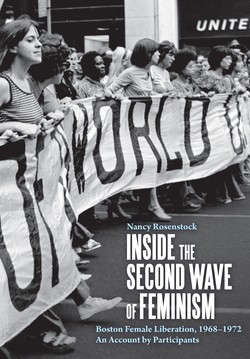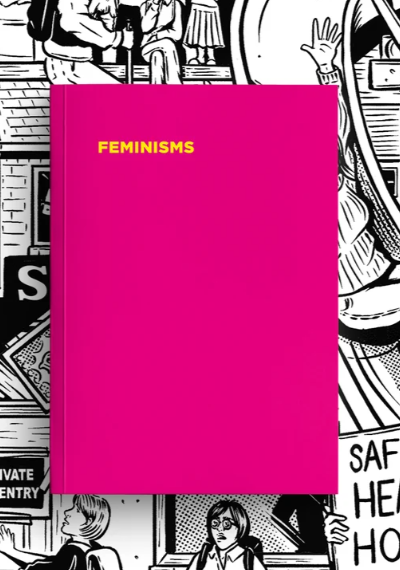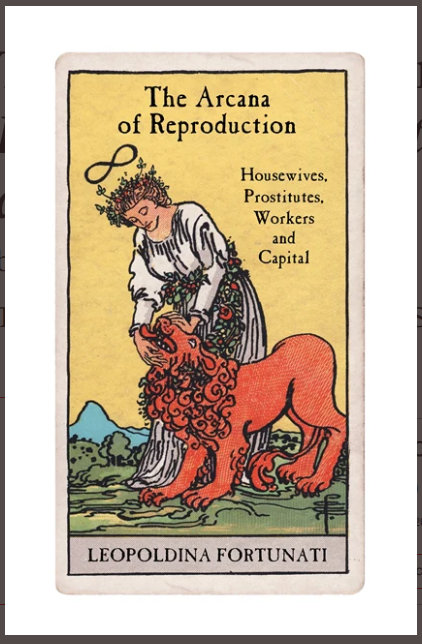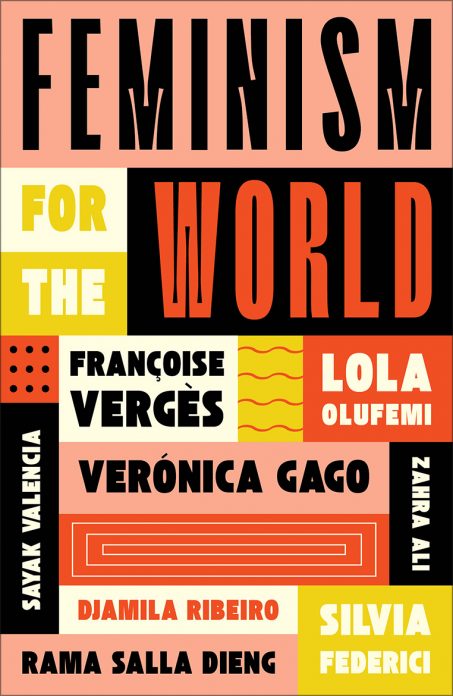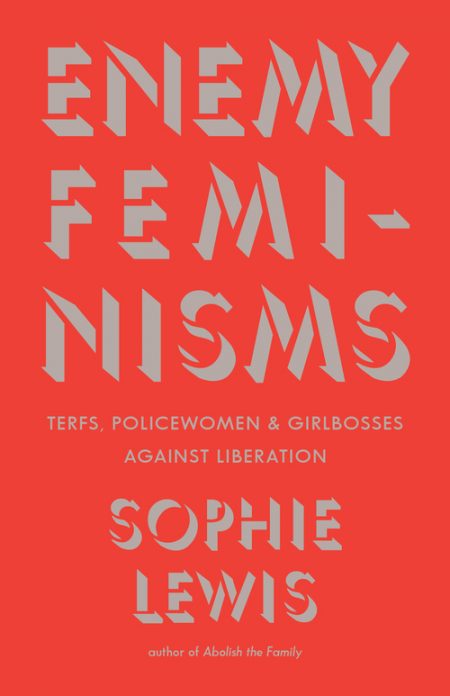Inside the second wave of feminism
£14.50
Description
A landmark account of a key radical feminist organization, offering lessons for today’s women’s liberation movement.
Activist members of the radical feminist organization Boston Female Liberation provide an inside account of the group’s history, strategy, and legacy in this compelling contribution to the historiography of Second Wave feminism.
Boston Female Liberation member Nancy Rosenstock expertly weaves together the reflections of her fellow-activists, describing how they became feminists, recounting the breadth of their organizing work, and linking their achievements and experience to contemporary struggles against sexism.
The book also includes ten radical feminist documents crucial to contextualizing the activity and thinking of the organization and its members.
Reviews
- “An invaluable contribution to the canon of works on the history of the feminist movement in the United States. Nancy Rosenstock has written an absorbing account of what it felt like to be a woman in the America of the 50s and 60s, the awakening of so many of us to the systematic discrimination we faced, and how we fought and overcame it.” —Dr. Barbara Roberts, co-founder of the Women’s National Abortion Action Coalition
“Often, the intimately intertwined histories of socialism, anarchism, and gay and women’s liberation in America are willfully obscured. Often, second wave feminists’ commitment to overthrowing capitalism is erased, as is their sisterhood with transgender women. Often, the shortcomings and defeats of lesbian separatist organizing are memorialized to the exclusion of the imaginatively rich, experientially complex, frequently surprising archives of ‘womyn’-centered struggle we need and deserve to hear about. These are some of the reasons why Nancy Rosenstock’s account of the militant collective thought and action of trans-inclusive Bostonian ‘females’ fifty years ago is an important resource for anyone invested in today’s movements for gender liberation and reproductive justice. This is a book dense with vital records of abortion and childcare struggles lost and won, inspirational testimonies, thoughtful self-appraisals, and thrilling documentary artifacts.” —Sophie Lewis, author of Full Surrogacy Now and Abolish the Family
“Not only is this book a full-throttled challenge to overly simplistic and whitewashed portraits of second wave feminism, but it also honors the scrappy, homegrown, grassroots radical feminist histories of Boston’s Cell 16. Nancy Rosenstock provides a beautiful window into the nuances of starting a movement, from grunt work, growing armpit hair, and marching in the streets to lesbian separatism, Tae Kwon Do classes, and radical abortion rights activism. This account is both historic and fresh, showing us once again that history is alive, written and rewritten by each subsequent cohort of rabble-rousing feminists looking to smash norms and change the world.” —Breanne Fahs, editor of Burn It Down! Feminist Manifestos for the Revolution
“When Kathie Sarachild of Redstockings coined the phrase ‘Sisterhood is Powerful’ in 1968, this is what she meant: Ordinary women becoming revolutionaries because they had each other—to argue with, build unity with, and risk everything with as they opened new fronts in the fight against male supremacy.” —Jenny Brown, author of Birth Strike and Without Apology
“A wonderful accounting of the ideas and actions of a singular group of radical feminists, which is enriched by the inclusion of the very documents shaping these individuals and this movement. As one participant said of the group, ‘Women were so hungry for this information. It was like being swept up by a wave.’ Rosenstock gives an insider’s view of the group and its popular journal, No More Fun and Games. Just as the group and its journal informed and enriched women’s lives and gave them an understanding of the ideals of the Female Liberation group, so too does this book, with its interviews and documents, transport the reader to the historical moment.” —Dr. Katherine Parkin, Professor of History at Monmouth University
Additional information
| Weight | 0.250000 kg |
|---|

